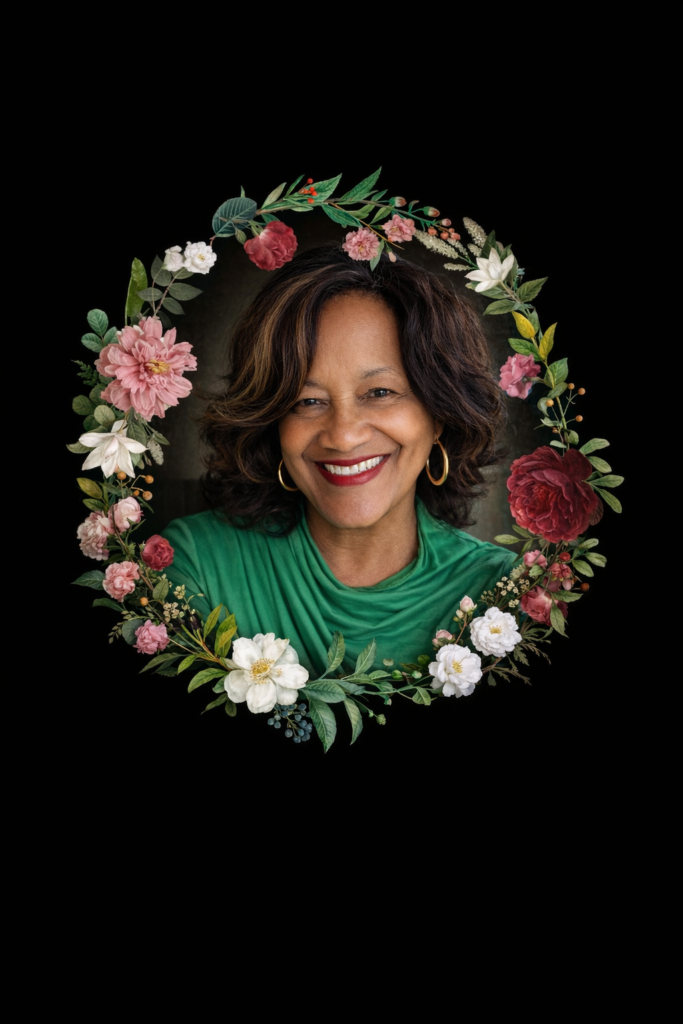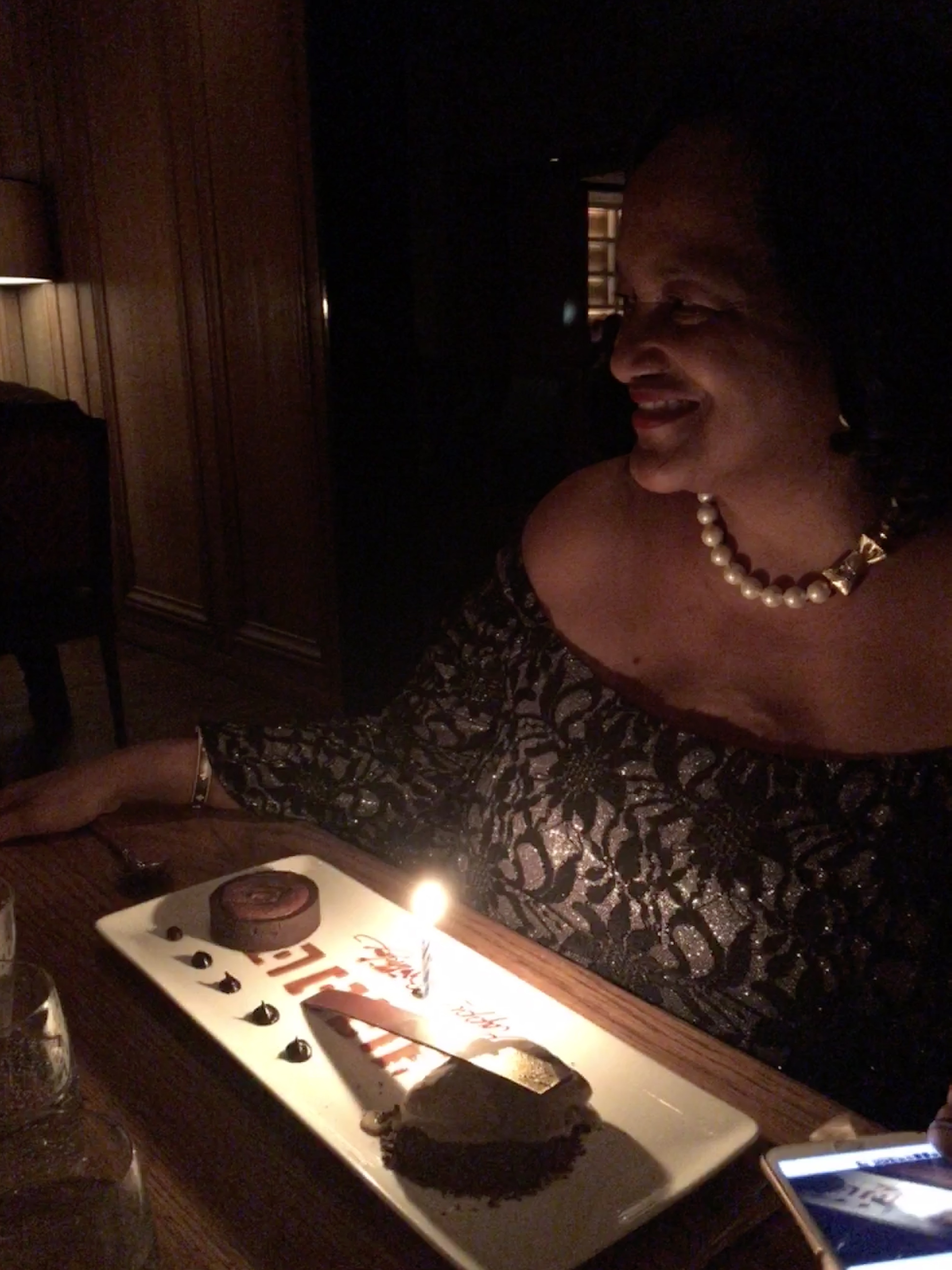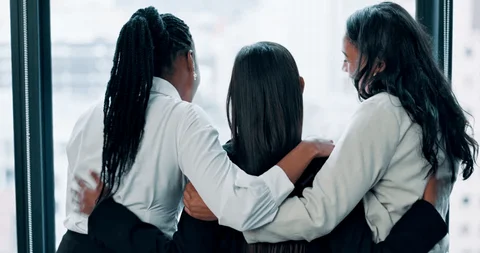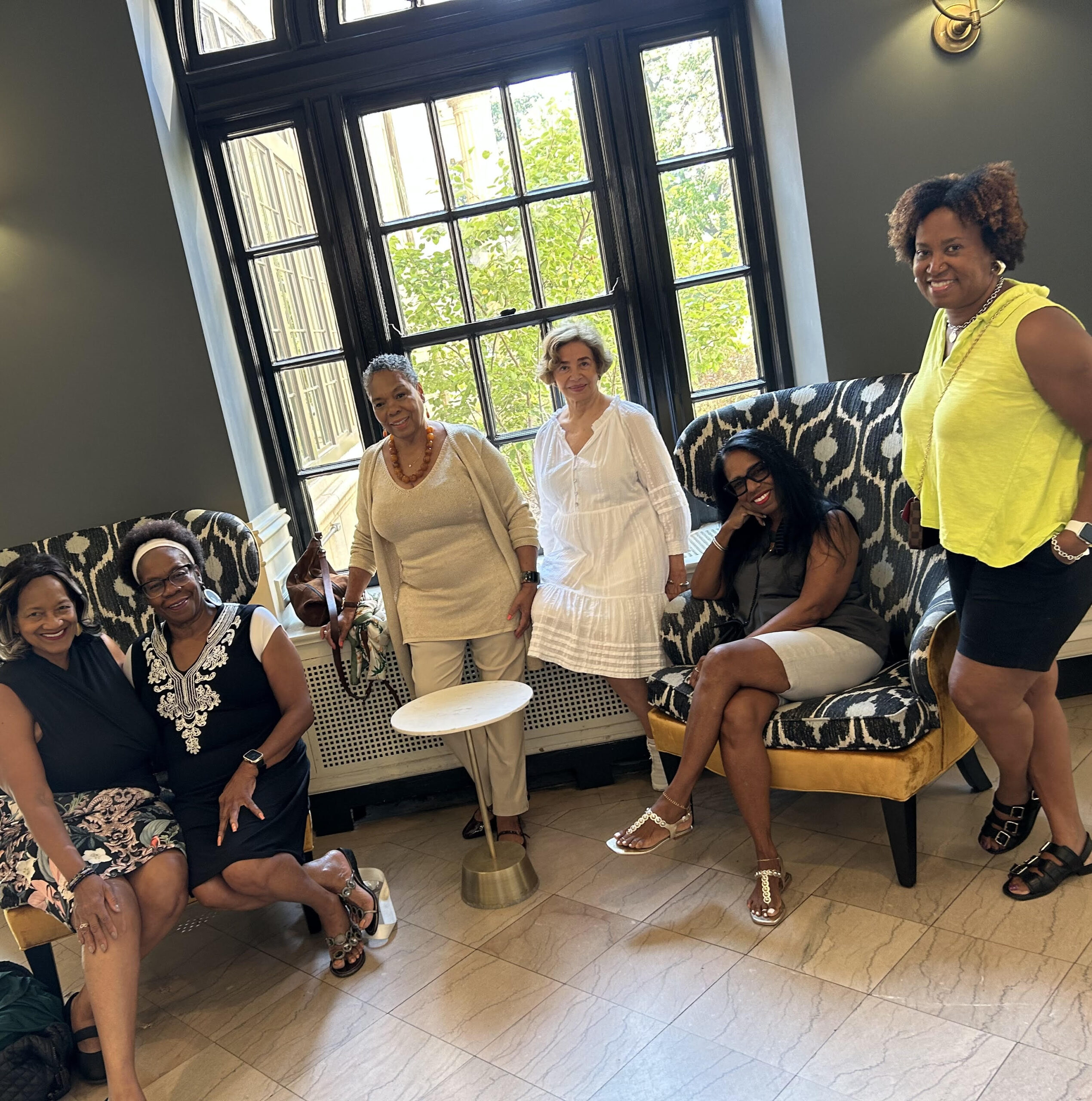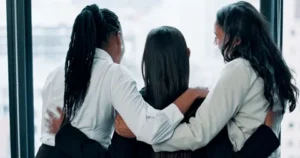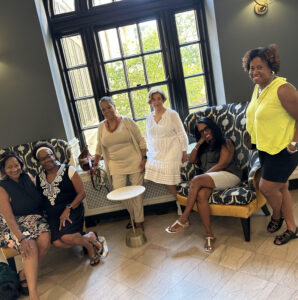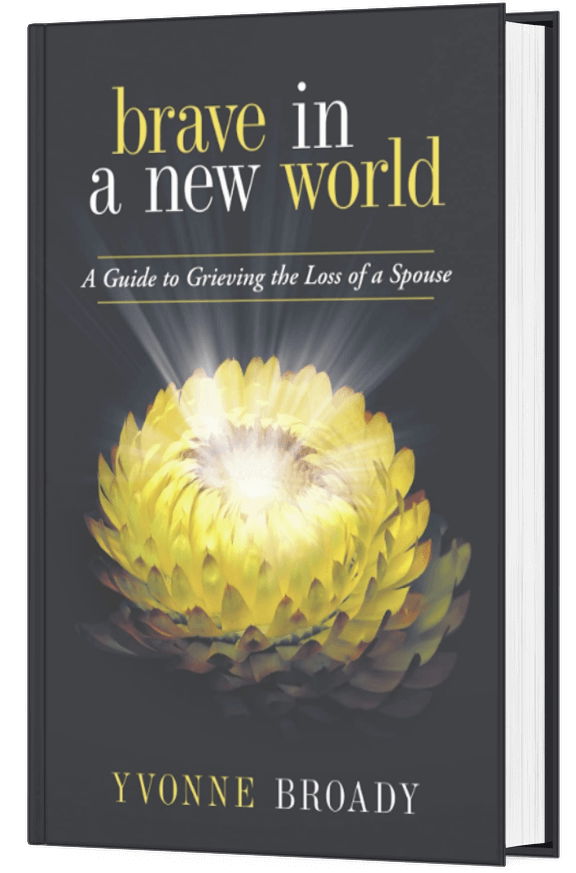
When someone we know suffers a loss, it can be difficult to figure out just how to be there for that person.People want to acknowledge their friend or relative’s loss but many just don’t know the right thing to do or say. I’ve been witness to the awkwardness that people exhibit when they’re trying to convey verbal sympathies. I remember the wonderful memories that people shared with me about my husband, and I always appreciated the retelling of those stories. It made me feel that Chuck’s life had had an impact on those whom he touched throughout his life.
I have moved on since the early days of my loss, but some of the most helpful and compassionate ways that people were there for me during that awful time were by being able to listen. Many people can be sad for you, sympathetic, while those who can be empathetic, sad with you, are the ones who will be a source of healing and strength for those who grieve after loss.
However, don’t be surprised if many who have experienced loss aren’t able or willing to feel your pain. Scores of folks have not allowed themselves to feel the pain of their own losses,while too, others are reluctant to be reeled backwards into their pasts as they have already grappled with the pain of their losses and do not want to risk revisiting the painful memories of those times.Those who wish to “be there” for friends and loved ones who have experienced loss aren’t always able to empathize, but are willing to offer sympathy and that’s fine.
I write about this often, I guess it’s somewhat of a sore spot with me. Luckily, I didn’t have to endure too many inappropriate comments, but the few I did experience were enough for me to devote a whole chapter on what and what not to say to others after loss, in my book, Brave in a New World: A Guide to Grieving the Loss of a Spouse. Some comments were so insensitive that I eventually set boundaries for myself to prevent people from saying too much. This has actually carried over into my new life, my way of standing up for myself. No one should be the victim of thoughtless or intrusive comments at any time, but especially at a time when one is struggling with life after death.
Many folks can be sympathetic and that is all those who have lost loved ones really want. But then, there are the rare individuals who can actually put themselves in your shoes. They can be there with you and feel with you.These are the ones who can truly empathize and are not afraid to be vessels for your sorrow.

I remember,early on, calling two very good friends, and sharing with them what I was going through. They were always able to be there with me and helped me shoulder my grief as I tried to figure out how such a catastrophic tragedy had occurred in my life one day out of the blue. They never made me feel as if I was dwelling too long in my pain after loss or that I needed to move on. They always made me feel like it was fine to talk about my Chuck’s life, illness and death over and over and over again.They never changed the topic or walked away but stood by me and listened and sometimes cried with me. It was never about them and always about me.
This was true empathy, the ability to experience the feelings of another and to be there as a patient human vessel sharing and comforting for the long haul. My brother-in-law and my sister-in-law were also able to empathize with me as I was able to mourn with them. I had not only lost my husband but they had lost their beloved brother. Not everyone is built to be a human vessel. Some think they are, but they’re not. Those who mourn will soon figure out who those people are. Those who empathize will be able to listen to you tell your story and not interrupt or walk away. They will do that out of love and respect for you. Those who do not wish to hear your tale of woe over and over again, may feel you’re being self-indulgent, and may seem impatient, or just maybe, your story touches on old unresolved wounds of their own that they have hidden deep within themselves. But we must forgive them and keep them at arm’s length until we’re strong enough to have them close again.

Recognize that not all those who are close to you know how to be with you during your time of loss. Seeing each person as they are will allow you to respond accordingly so that you can protect yourself and lower your expectations as you guard your heart against more hurt. Not everyone can be there for you the way that you would like them to be. With the passage of time, I conclude that this is okay. But it’s incumbent upon those who grieve to not allow yourselves to be burdened with others’ opinions or callous remarks such as, “How does it feel to be single again?” Yes someone actually asked me that question.
As you grieve, try to be aware of the comments, and actions that might zing and add hurt upon hurt, temporarily disrupting the grieving journey. Why is one’s journey interrupted? Because you begin to focus on the hurtful comments, trying to figure out why so and so said what he/she said. It’s a distraction from your work at hand.
It’s a lot to ask of those who grieve, but by setting boundaries for example: “No, you cannot say this to me”, it’ll encourage people to think about what they are about to say and will help to assist those who grieve in determining which folks are able to feel for you from those who can truly empathize. Doing this empowers the griever and helps to protect and guide you as you move from grief to recovery.
Everyone grieves at their own pace, time long or short is for the bereaved to discern. But we’re all the captains of our own shipwreck as we seek to salvage what remains and rebuild a new life and possibly a better life than before.

Read more about how to get through the pain of the loss of a spouse Brave in a New World: A Guide to Grieving the Loss of a Spouse available on Amazon http://tinyurl.com/jnjs5fu on Amazon


